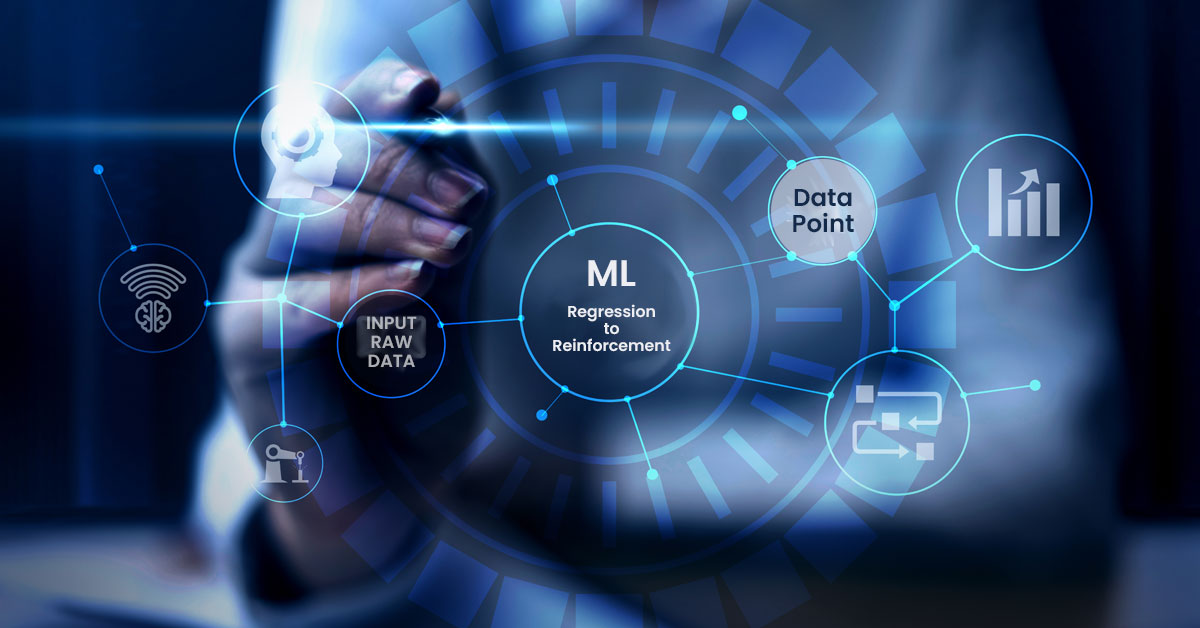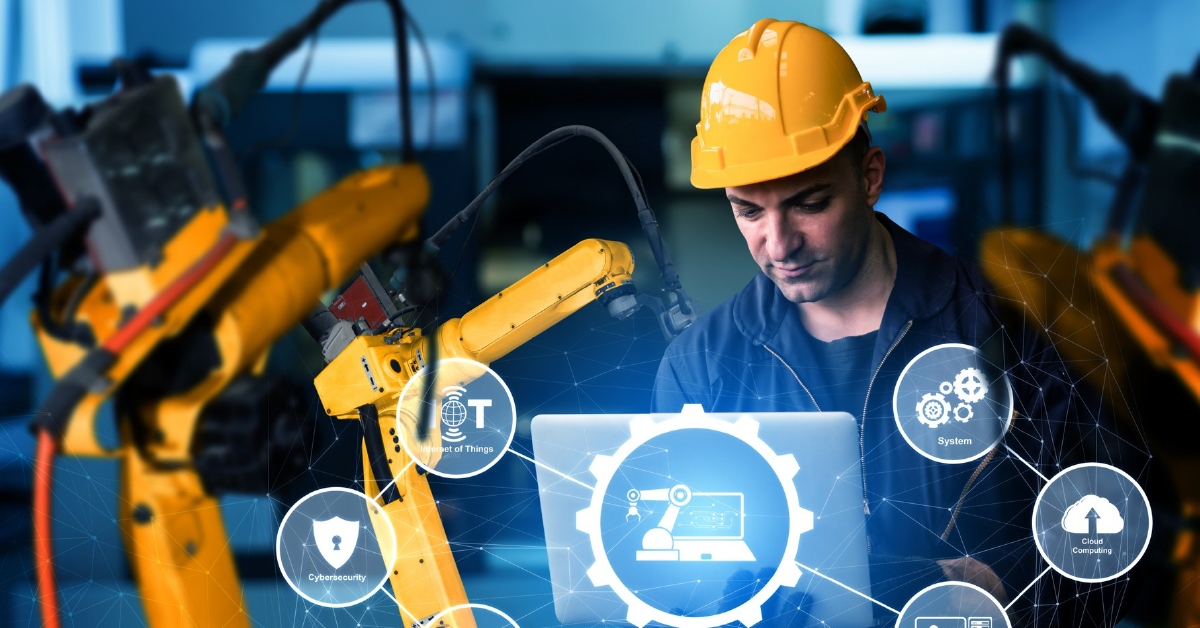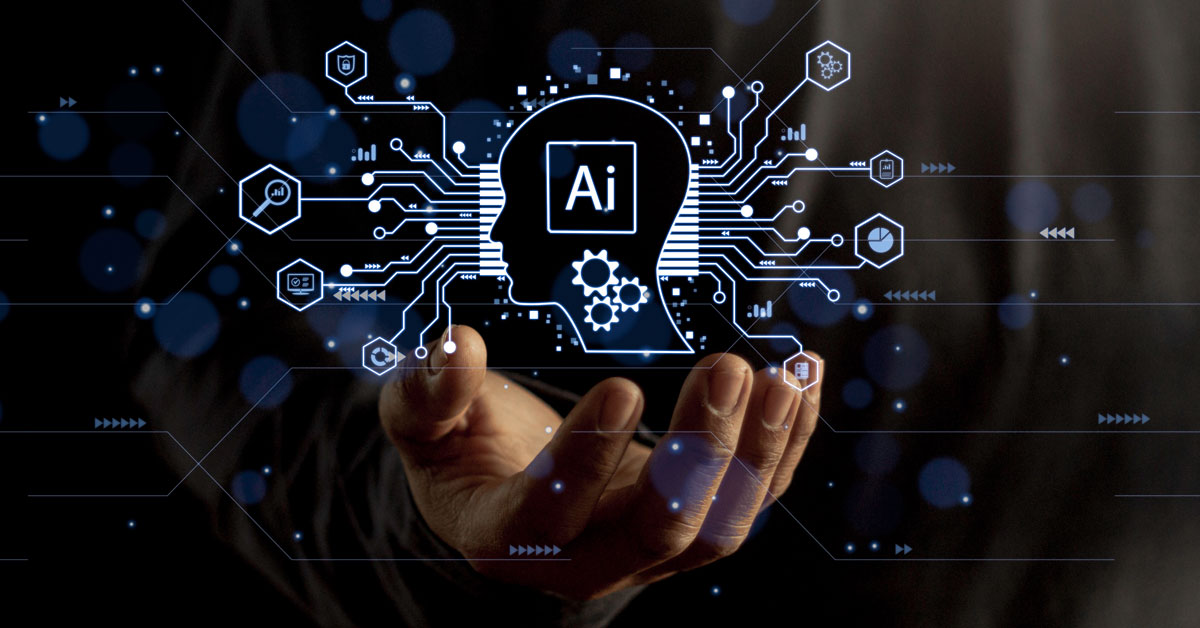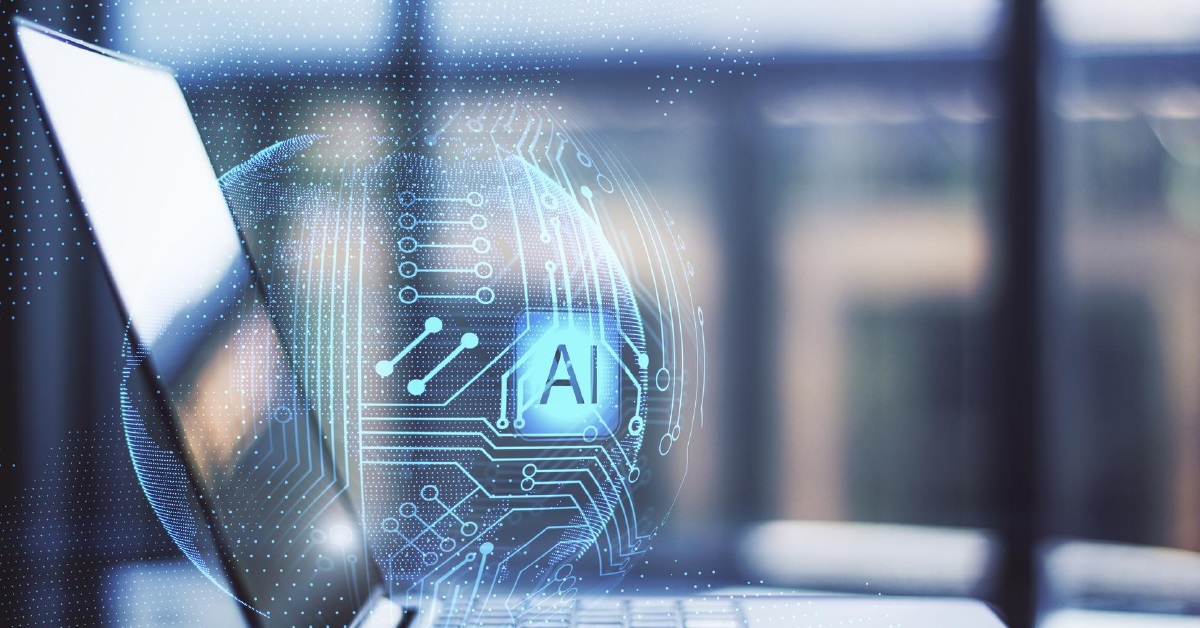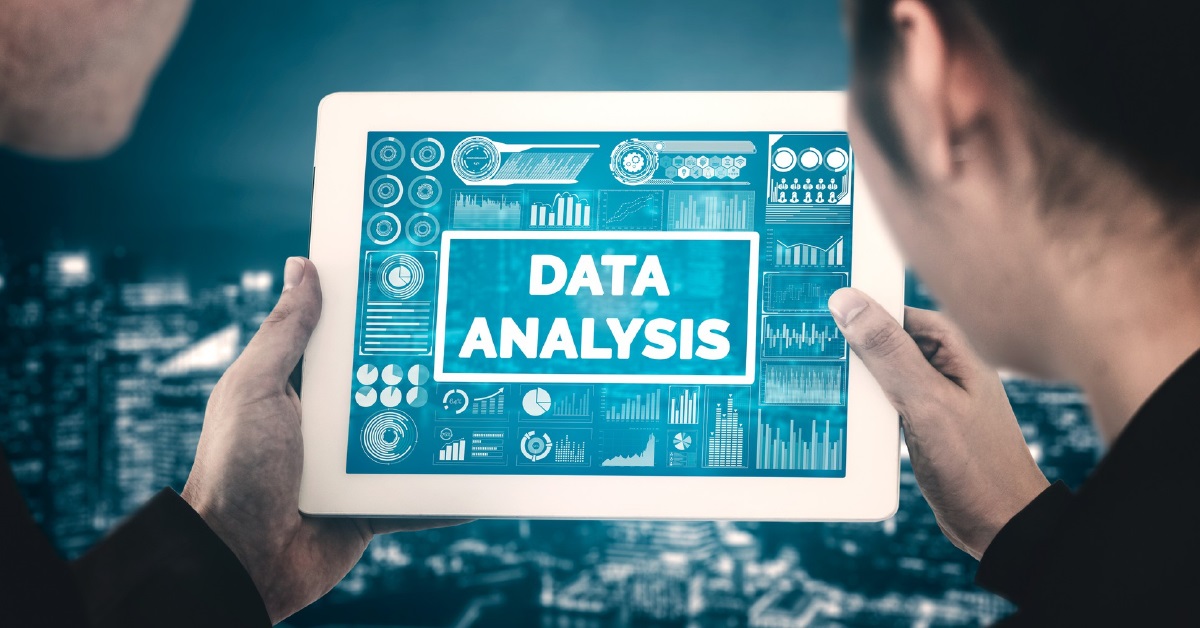Automation and AI’s Role in the Job Market
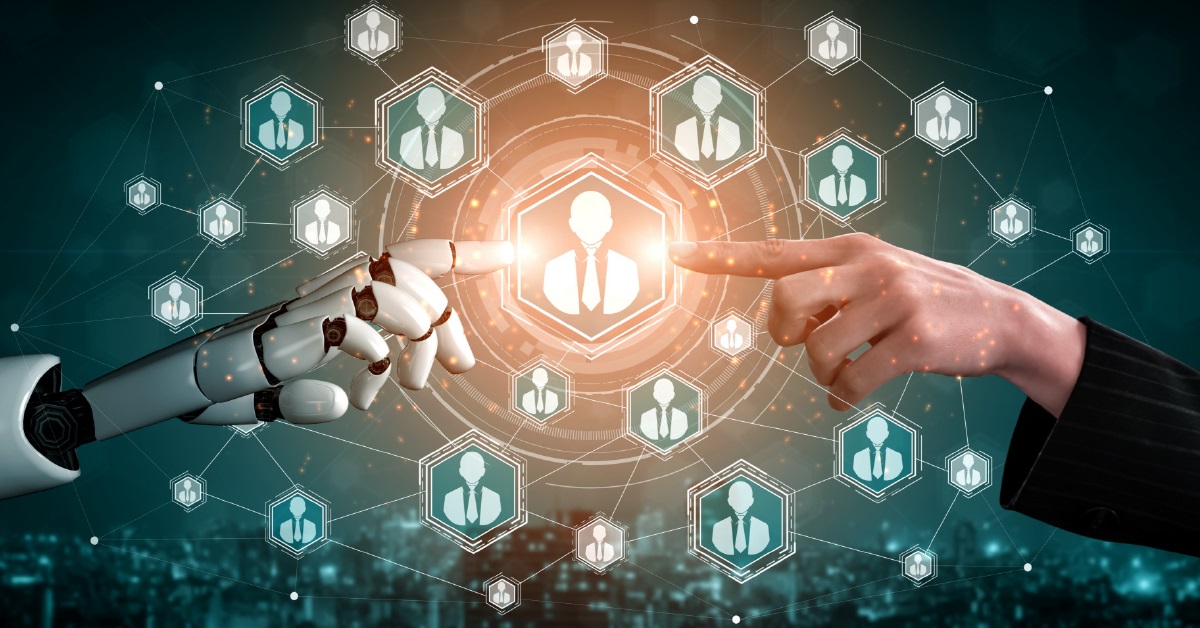
7 min read
Right now, there is a massive shift taking place in the work market. The future of work is being significantly shaped by automation and artificial intelligence (AI), which were once only found in science fiction but are now a necessary component of daily life. Every sector of the economy is being completely transformed by technology. This transformation extends from self-driving cars to smart homes that can anticipate our wants. Its changes are both thrilling and intimidating. Understanding is essential for everyone wishing to thrive in this new setting. The role that AI and automation are playing in the job market. Thus, both job seekers and workers must understand how automation and artificial intelligence are changing the market.
What are Automation and AI?
Automation is the use of technology to automate operations or processes that would normally need human interaction. It can include automating manual data input and other repetitive chores. Also, it can encompass more complicated procedures like supply chain management and customer support.
Although automation has been established for many years, its potential has recently expanded due to significant technological developments. Automation can now handle more complicated jobs with high levels of accuracy and efficiency. It is made possible through advancements in machine learning, robotics, and natural language processing. Conversely, artificial intelligence (AI) refers to systems or programs that impersonator human intellect by learning and making decisions.
How is Automation and AI Impacting the Job Market?
The increased deployment of automation and artificial intelligence has significantly impacted employment chances in a variety of areas. AI automation may render some occupations obsolete, but they are also creating new roles. For example, there is a noticeable rise in the need for experts in data analysis and AI programming to create and oversee automated systems and artificial intelligence applications.
While AI systems may automate certain professions involving repetitive operations or data processing. Other routine manual jobs in factories or warehouses may be replaced by machines or robots. However, new employment will also be generated in fields that demand creativity, critical thinking, or sophisticated knowledge that is difficult for robots or artificial intelligence to imitate.
Automation and artificial intelligence (AI) may cause certain professions to disappear temporarily, but overall, these technologies should result in a workforce that is more productive and efficient. For workers who adjust to the shifting work market, this might mean increased pay, greater job satisfaction, and better career options.
The Impact of Automation and Artificial Intelligence on Different Industries
The advent of automation and artificial intelligence (AI) technologies has significantly altered the way businesses function and the nature of the job market. Although some industries have welcomed this technological development with open arms, others have adopted it more cautiously. We will look at how AI and automation have affected several businesses in this part.
-
Manufacturing Industry
The manufacturing sector was among the first to use automated technology. Robots have transformed manufacturing lines and greatly raised productivity levels since they can carry out repetitive activities with accuracy and efficiency. Manufacturers have also benefited financially from this since they are no longer dependent on human employees for all aspects of their business.
But there are also worries about job displacement in the manufacturing sector as a result of increased automation. Many vocations may eventually become obsolete as machines take over manual employment that humans previously performed.
-
Retail Industry
AI and automation have also had their effect on the retail sector, especially in e-commerce enterprises. Retailers may now customize each customer’s purchasing experience with algorithms that analyze their behaviour and preferences. As a results, retailers see a rise in sales, in addition to increased consumer satisfaction.
Additionally, automated warehouses that employ robots to pick and pack goods have increased delivery process efficiency, which has allowed customers to receive their products faster. However, traditional retail employees like stock clerks and cashiers have also lost their jobs as a result of this innovation.
-
Healthcare Industry
Automation and artificial intelligence (AI) have had a big impact on the healthcare sector in recent years. With the use of surgical robots that help in intricate procedures and AI-driven software that analyzes medical pictures for diagnosis, healthcare services are now much more accurate and efficient.
Healthcare workers can now concentrate on patient care as technology has also simplified administrative duties like organizing appointments and maintaining medical records. On the other hand, there are worries that automated systems can misuse private patient information.
-
Transportation Industry
The transportation sector has also been significantly impacted by automation and AI. Companies like Google and Tesla are testing and developing self-driving cars and trucks, which have the potential to change transportation in the future completely. This technology promises transportation corporation’s economic savings in addition to greater road safety.
In a business where millions of people are employed globally, the possibility of this technology dislodging traditional drivers from their jobs is alarming.
-
Finance Industry
Through tools like chatbots and robo-advisors, automation and artificial intelligence have also made their way into the finance sector. While robo-advisors utilize algorithms to make investing decisions based on client risk profiles, these technologies have improved customer service efficiency by enabling prompt responses to requests.
Financial institutions have seen cost savings as a result of automation, but there are worries about how this may affect employment in the sector, especially in customer-facing positions.
In general, automation and artificial intelligence have had a big impact on a lot of different businesses. They have increased productivity and efficiency, but they have also raised concerns about possible job displacement. Finding a balance between utilizing technology’s advantages and mitigating its drawbacks is crucial for businesses and policymakers as it develops.
What are the Advantages and Disadvantages of Automation and Artificial Intelligence in the Job Market
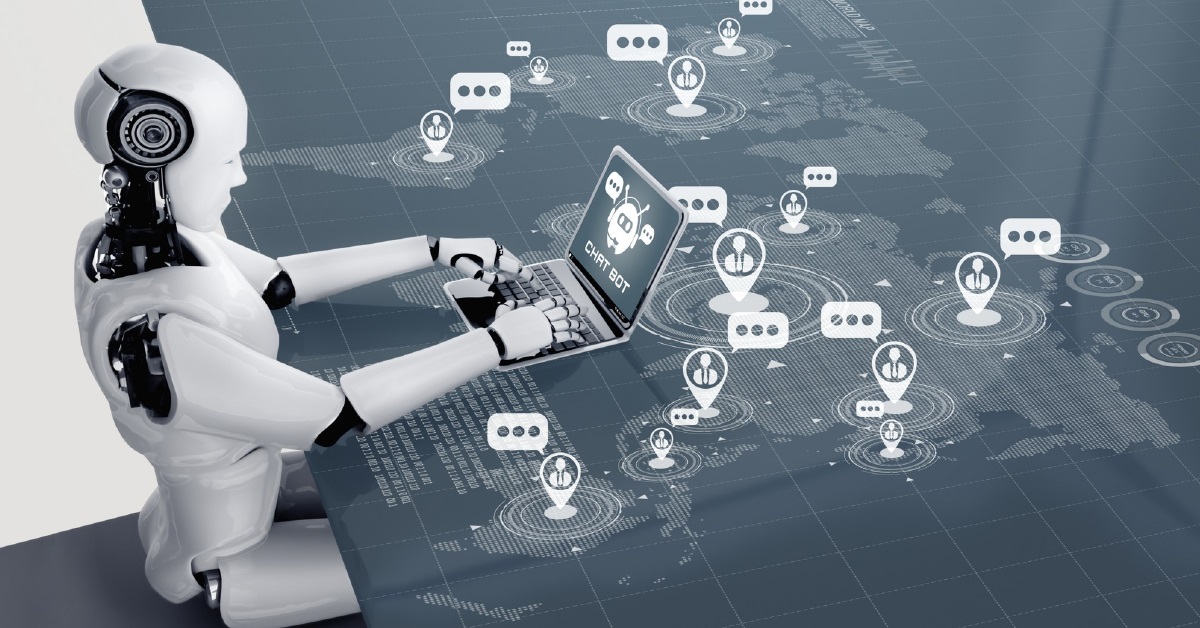
Artificial intelligence (AI) and automation are having a noticeable effect on the labour market as they develop. Businesses can benefit from the integration of these technologies in a number of ways. Compared to human employees, automation and artificial intelligence (AI) increase productivity and efficiency by executing jobs more quickly and accurately. Costs are reduced as a result of this enhanced efficiency, particularly in sectors where the cost of human work is high. Moreover, these technologies eradicate human faults, ensuring accuracy and dependability in diverse procedures. Unexpectedly, automation and artificial intelligence also provide new job opportunities since they require a workforce with advanced skills in system design, development, and management.
However, there are drawbacks as well as advantages. As computers execute activities that humans once performed, the possibility of job displacement looms large, raising concerns about unemployment rates. A skills gap is also caused by the introduction of new jobs involving automation and artificial intelligence. Retraining and upskilling initiatives are often required to close the skill gap that exists among current employees. Additionally, there are worries about growing income inequality, which could put low-skilled individuals in danger of falling behind and enlarging the wealth gap. An additional concern pertains to the possible over-reliance on technology; companies that depend too much on automation and artificial intelligence run the risk of suffering severe disruptions and monetary losses in the event that these systems malfunction.
Read More: The Rise of Artificial Intelligence: Transforming Software Solutions
Innovative uses of Automation and Artificial Intelligence in the Workplace
Recent workplace revolutions brought about by automation and artificial intelligence have had a profound impact on a number of industries. Efficient chatbots and virtual assistants have revolutionized AI services by providing 24/7 assistance, freeing up human staff to concentrate on emotionally intelligent but complex duties. Due to AI’s speedy processing of large datasets, data analysis has profited and has improved marketing, healthcare, and financial decision-making.
Automation has been embraced by the manufacturing sector, increasing productivity and precision while lowering human error. Humans and robots now work together to create a safer workplace. AI-powered chatbots in the healthcare industry help patients by making appointments and responding to questions, increasing access to care. Legal practitioners use AI to review documents, which reduces errors and saves time during court cases.
Additionally, firms can forecast patterns and result through automation and artificial intelligence (AI), which offers insightful data on customer behavior and industry trends. Companies are able to make strategic decisions because of this foresight, which promotes growth and maintains competitiveness.
These developments demonstrate the revolutionary effects of automation and artificial intelligence (AI) on a variety of industries, boosting productivity, enhancing decision-making, and opening up new avenues. AI development services play a pivotal role in harnessing the potential of these technologies.
AI in business involves providing customized solutions to enterprises seeking to integrate artificial intelligence into their operations, automate tasks, and make data-driven decisions. With the expertise of AI development services, organizations can stay at the forefront of this technological transformation and unlock the full spectrum of benefits that AI has to offer. As technology continues to advance, workplaces should expect even more cutting-edge uses in the future.
Embracing Change or Resisting It?
The effect of AI and automation on the job market is a topic of discussion. Supporters point out increased productivity and efficiency, while detractors worry that job displacement would result in widespread unemployment. Which pleads the question: should we welcome this shift or push back? Combining automation and AI has advantages and disadvantages, just like any other technical development. Without a doubt, these technologies have made work easier, freeing up people to concentrate on more creative endeavours. Benefiting sectors include manufacturing, healthcare, and finance, which have seen cost reductions and profit growth.
Nonetheless, research showing a large amount of job replacement lends credence to concerns of widespread unemployment. It seems pointless to oppose automation and AI, given how deeply ingrained they are in daily life. But accepting them at face value comes with risks. A well-rounded strategy that incorporates preventative actions is necessary. It entails making investments in training and education, putting in place just industry laws, and encouraging diversity in the creation of new technologies.
Utilizing technology properly is important because it’s a tool. In order to maximize benefits and minimize drawbacks, we must approach automation and AI with prudence, empathy, and foresight. Respectfully guiding change for the benefit of society at large is part of embracing it.
Conclusion
In conclusion, the introduction of AI and automation into the job market represents a significant turning point in human history that brings with it a wealth of potential as well as difficulties. Artificial Intelligence companies can completely change firms to improve productivity, and open up new growth opportunities with cutting-edge solutions. However, maintaining a careful balance is essential as we negotiate this changing environment. It is important to embrace automation and artificial intelligence (AI) with prudence and foresight, keeping worker welfare in mind.
To be future-ready, companies must make investments in training and education, treat employees fairly, and promote inclusivity and diversity in the creation of new technologies. Responsible use of automation and artificial intelligence will require cooperation from enterprises, governments, and private citizens. Our ability to fully utilize these technological improvements will drive innovation, increase productivity, and eventually shape a future in which people and technology coexist peacefully in an ever-changing job market. It can be achieved by addressing these developments with empathy and a proactive perspective.
Published: November 9th, 2023

